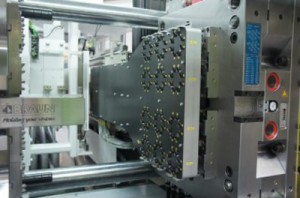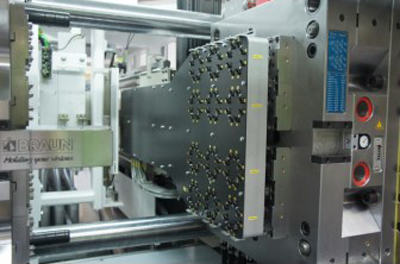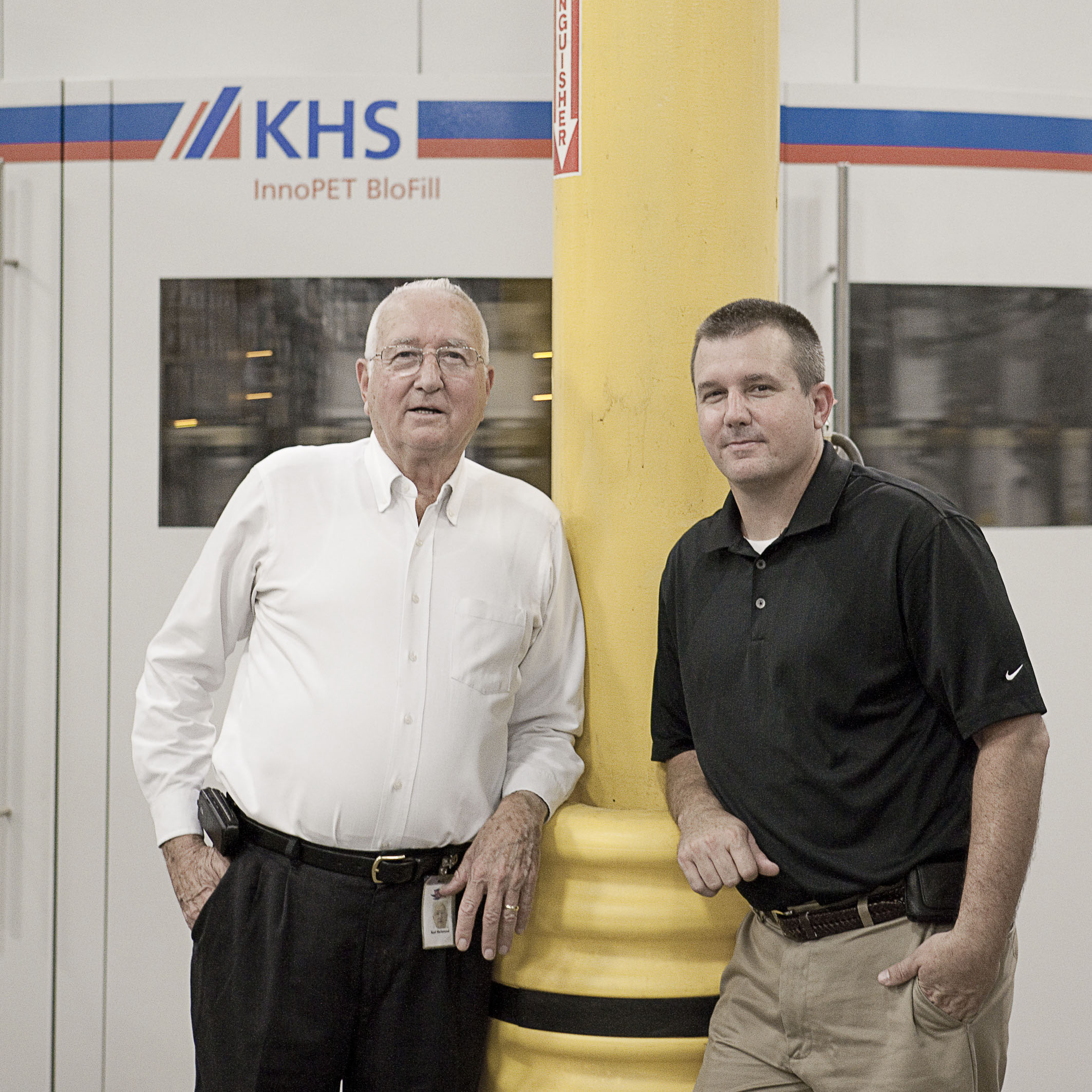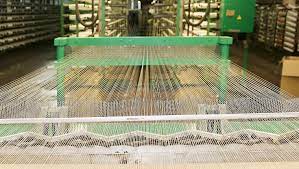At K 2013, Hekuma, together with Engel Austria and Braunform, presented a fast and precise automation system for production of needle hubs of insulin pens. It is said to improve production speed by as much as 20%.

In the manufacturing system presented at Engel’s booth, Hekuma was responsible for the process automation, i.e. for removing the needle hubs from the mold, as well as for the control and delivery of the products. This includes the take-out robot with a side-entry linear robot (HEKU DS) and gripper, the camera used for quality control, the transfer as well as the storage in bags.
The take-out robot that removes the needle hubs from the mold is completely developed by Hekuma and was already presented at the NPE 2012. The system presented in Düsseldorf, on the other hand, is equipped with an EOAT that handles 96 instead of 16 parts. With fast speed and acceleration values of 16g, the system manages to combine speed, acceleration, and braking control with an equally high positioning accuracy, says the company.
In the first step after the positioning of the gripper in the mold, the integrated vacuum system sucks the parts from the mold into the fixtures of the gripper. Light barriers are used in parallel to control whether the respective spaces are clear. Only then will the signal for retreating the gripper from the mold the and for the subsequent closing of the mold be given. With regard to the functionality of the entire system, the installation of this control feature ensures that the mold is not damaged in the manufacturing process.
As a second control feature, a camera was integrated into the existing system to examine the product quality and the holes of the needle hubs. The camera is in a position to immediately recognize whether pins have been damaged during the manufacturing process. If this is the case, it triggers off a selection mechanism that automatically rejects faulty parts.
According to Hekuma, the system is capable of producing different parts within the same cycle, provided that these parts have highly similar properties (same shot weight). This is made possible by the cavity-specific handling, which ensures that the individual manufactured items are not mixed up with each other.
For instance, the system presented at the show can simultaneously produce needle hubs with holes of 0.5mm and 0.3mm. Even companies producing smaller quantities can use their systems to capacity and to produce quickly and cost-effectively.
The quality control helps to further enhance the availability and efficiency of the system compared to conventional systems, notes the company. The cavity-specific handling ensures that all bad-cavity parts are discarded without the need to use further resources or to eliminate bad parts subsequent to production, as is the case with free-fall demolding processes.
In addition, the camera control made by Hekuma ensures significantly faster response times, when it comes to identify and remedy potential mold damages, so that subsequent routine quality testing and the time-consuming sorting out of scrap parts are no longer necessary.
Source: www.adsalecprj.com/Publicity/MarketNews/lang-eng/article-67009000/Article.aspx







